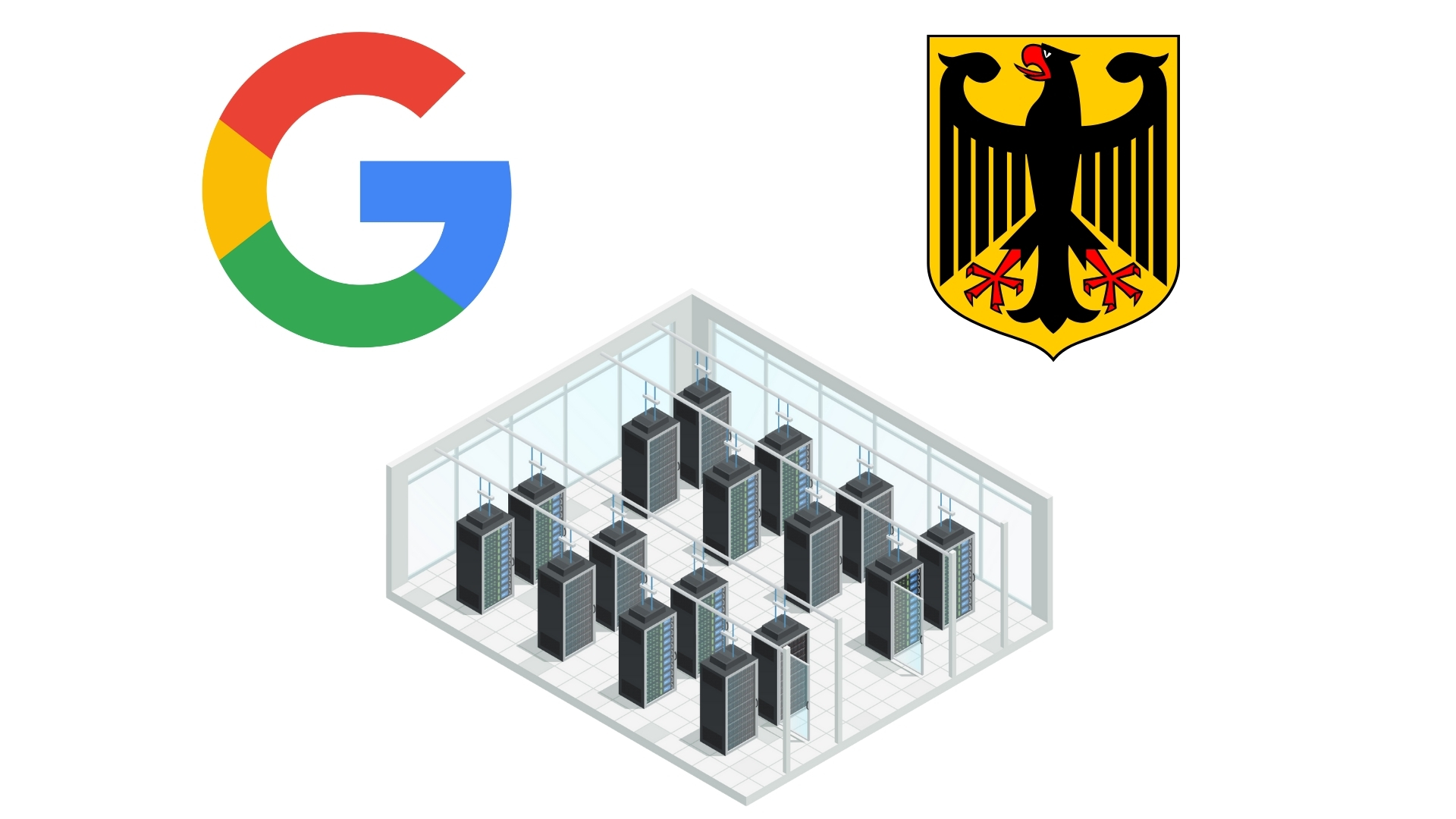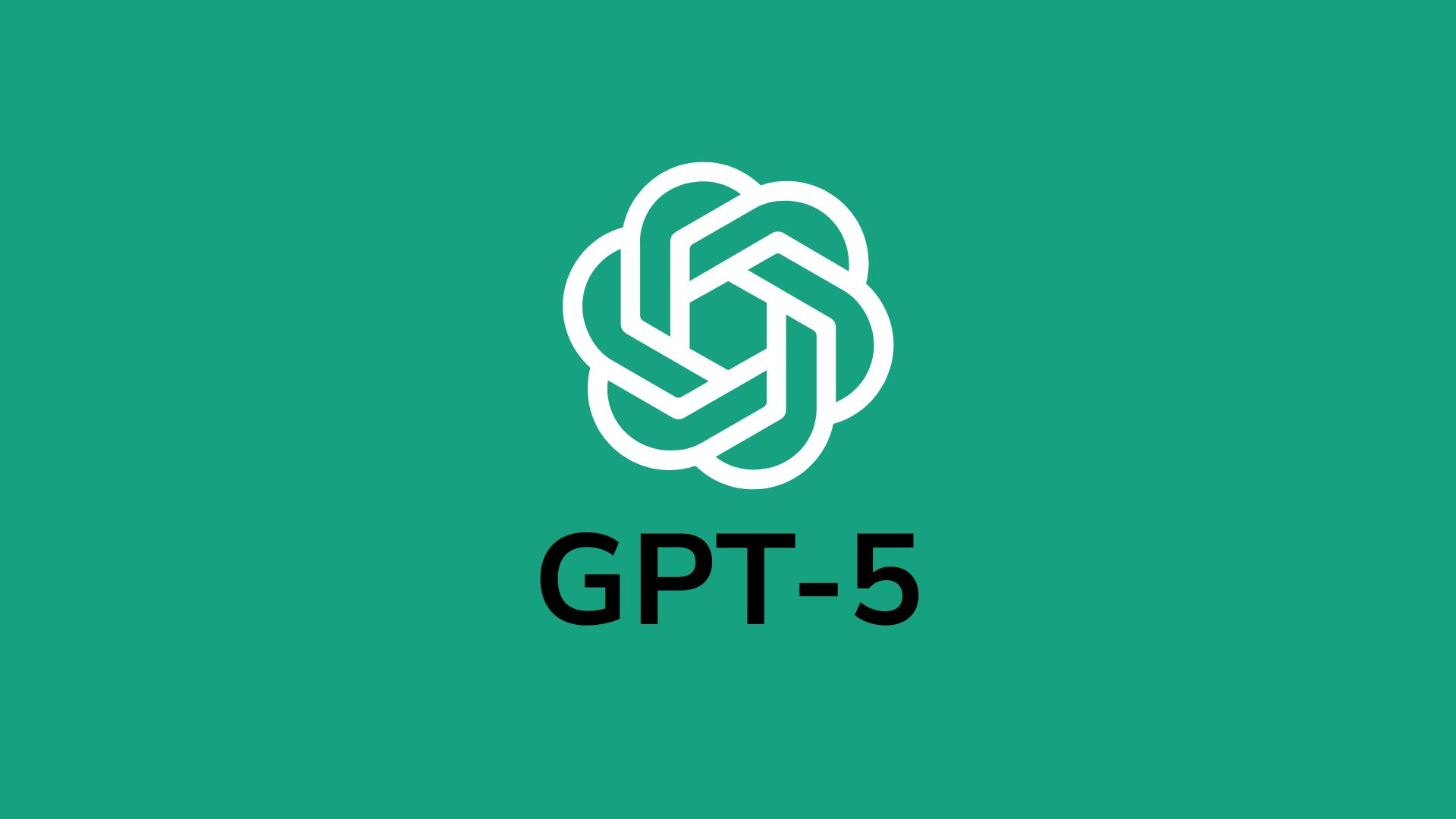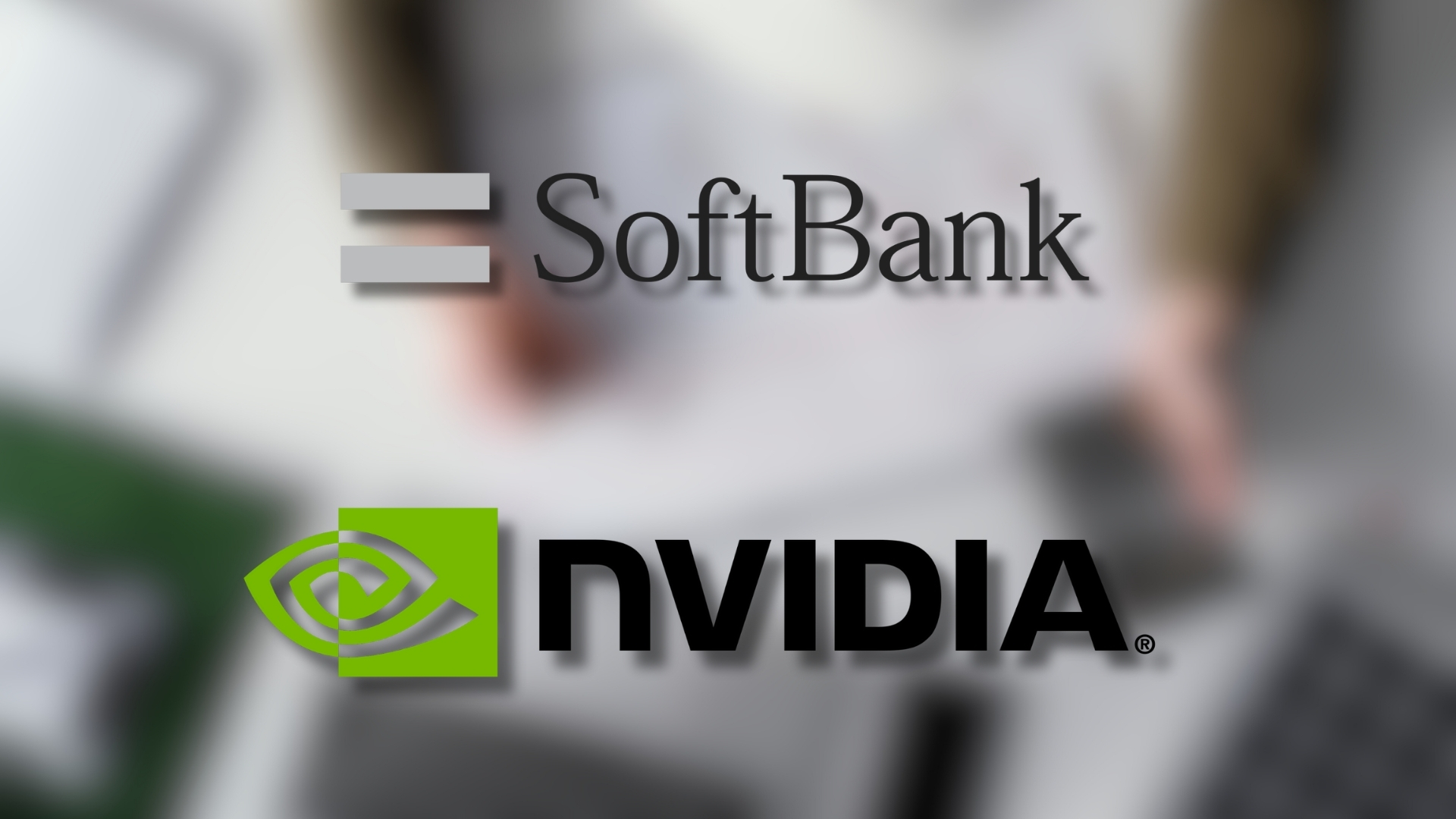Google introduced Private AI Compute, a cloud platform that combines the power of Gemini with on-device privacy. It delivers faster AI while ensuring that personal data remains private and inaccessible, even to Google. The system builds on Google’s privacy-enhancing innovations across AI experiences.
As AI becomes more anticipatory, Private AI Compute enables advanced reasoning that exceeds the limits of local devices. It runs on Google’s custom TPUs and Titanium Intelligence Enclaves, securely powering Gemini models in the cloud. The design keeps all user data isolated and encrypted.
Encrypted attestation links a user’s device to sealed processing environments, allowing only the user to access the data. Features like Magic Cue and Recorder on Pixel now perform smarter, multilingual actions privately. Google says this extends on-device protection principles into secure cloud operations.
The platform’s multi-layered safeguards follow Google’s Secure AI Framework and Privacy Principles. Private AI Compute enables enterprises and consumers to utilise Gemini models without exposing sensitive inputs. It reinforces Google’s vision for privacy-centric infrastructure in cloud-enabled AI.
By merging local and cloud intelligence, Google says Private AI Compute opens new paths for private, personalised AI. It will guide the next wave of Gemini capabilities while maintaining transparency and safety. The company positions it as a cornerstone of responsible AI innovation.
Would you like to learn more about AI, tech, and digital diplomacy? If so, ask our Diplo chatbot!










